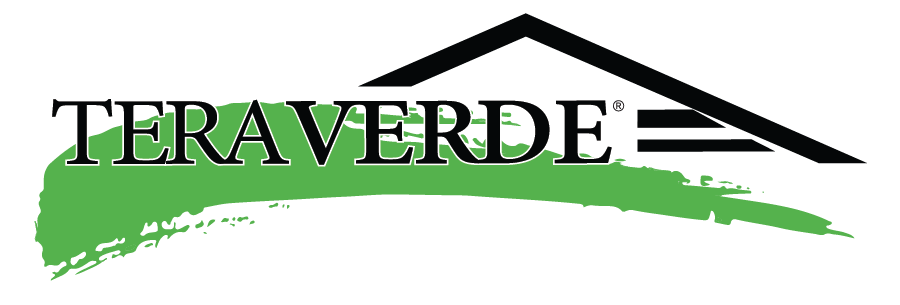
A New View into the Moneyball Effect and Mortgage Banking
November 2, 2021: You may have read Michael Lewis’s book, Moneyball: The Art of Winning an Unfair Game published back in 2003. Note that the book was about the Oakland Athletics baseball team as well as its famous general manager Billy Beane. The book’s focus is the team’s evidence-based and analytical sabermetric approach to assembling a highly competitive baseball team, despite Oakland Athletics’ small market salary budget.
For many decades, Major League Baseball (MLB)* was divided between some big-market teams like the New York Yankees and many small-market teams like the Minnesota Twins and the Athletics. Keep in mind that big-market teams have funds to pay free agents, winding up with payrolls as high as three times that of small-market teams.
Big-market teams, such as the Yankees, have tended to be quite successful. But the Athletics have been very successful too, which leads to the main question that inspired the book: How did one of the “poorest” teams in American baseball, the Oakland Athletics, manage to win so many games?
The Money Ball Effect
It is worth noting that the main premise or theme of Moneyball is that the collective or overall wisdom of baseball insiders, such as players, and managers, over the last century is subjective and usually flawed. This was the main inspiration behind the book.
And traditional statistics often used to evaluate players are old relics of a nineteenth-century worldview of baseball and the stats available at that time. Did you know that before the introduction of sabermetrics to baseball, teams were largely dependent on the skills and abilities of their scouts to find as well as evaluate players?
Note that scouts are people with experience in the sport, typically having been involved as either players or coaches. And the author argues and claims that the Oakland Athletics’ front office made the most of more analytical and critical evaluations of player performance in order to properly field a team that could better compete against the better monied large market competitors in baseball.
Remember that rigorous statistical analysis had shown that slugging percentage and on-base percentage are usually better indicators of offensive success. Also, the Athletics became convinced that these traits and qualities were more affordable to obtain on the open market compared to more valued qualities like ball contact and speed. As you can imagine, these observations usually flew in the face of traditional baseball wisdom.
Application to Mortgage Lending
Professional sports franchises and mortgage lenders have a lot more in common than you may think, such as hiring star players, looking for the ‘big hitters’ and a focus on loan volume. However, their most important link or connection is the need to have every mortgage player originate at a competitive cost.
First, just like the 2002 Oakland Athletics, a lot of mid-size mortgage lenders in the country today find themselves competing with better-funded and larger organizations in order to secure top-producing talent. This is why understanding the latest data-driven approaches and techniques of identifying, attracting, and retaining the best talent is usually a great equalizer.
Secondly, like baseball about two decades ago, keep in mind that mortgage lending is an old-school institution, and it is trying to mature and improve when it comes to the use of data and analytics.
While Beane’s methods were first considered radical, now they are viewed as a competitive advantage. We think that mortgage lenders are also at a similar inflection point regarding how they use data and analytics in order to support organizational expansion and maximize profitability. Coheus is a well-designed Mortgage Application that helps lenders ‘Work on the Business’.
Using Coheus Baseball Analytics
Click on the link https://www.teraverde.com/coheus-mlb-data-analytics/ to open the page, and click again on the Coheus application. The default setting includes all seasons and all teams from 2000 to the current season. You can pick one or more seasons by clicking on the “Choose Season” highlight. The same applies to League and Division. The Division Champions and World Champions let you pick the top-performing teams for each season and compare their cost per win.
The “Covid Flag” is used to include or exclude the shortened season of 2020. You can also choose by clicking on the map, any of the graph bars. Try left-clicking on your mouse why dragging to pick up multiple teams or years. Lastly, each filter you choose can be removed by clicking the “x” on the filters in a ribbon on the left top of the screen. Explore what World Series champions spent per win. Identify what teams made it to the playoffs and how much per win they spent. Try and find the team that won their division in 2021 for just 25% of what another division winner spent. And more. And look back over 20 years to see how costs changed. (Hint: the cost per win increased a lot less than the cost to originate a loan over the 20 years.
Using Coheus Mortgage Banking Analytics
Moving on to mortgages, you can evaluate your team’s performance and work on improving profitability, efficiency and customer satisfaction, player by player.
Coheus leverages API to transform large data into critical mortgage executive intelligence, the data model and extensive algorithms allows Coheus to provide profitable insights over critical performance metrics. Coheus helps you find the treasures hidden in oceans of data, and use actionable intelligence to improve profit, efficiency and customer satisfaction.
—-
At Teraverde, we believe mortgage bankers should achieve a resilient and flexible business model that sustains superior profitability through all phases of the lending cycle. To achieve that model, we believe Mortgage Executives must “Work on the Business”, not “Work in the Business”.
For an in-depth view of the Money Ball Effect and how it’s applied in Mortgage Banking. Download this Excerpt from Strategically Transforming the Mortgage Banking Industry: Thought Leadership on Disruption from Maverick CEOs.
*Major League Baseball and Team names are trademarks of Major League Baseball Properties, Inc



